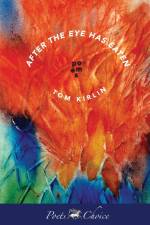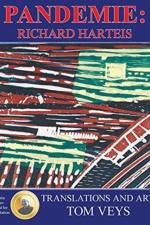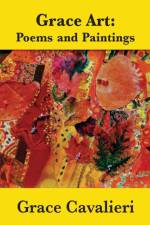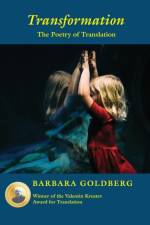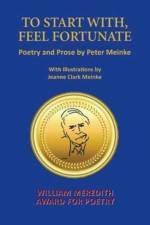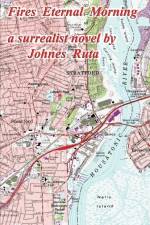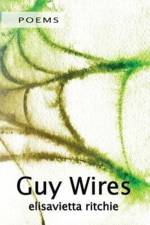av Andrew Oerke
197
In this year's 2015 William Meredith Award for poetry, Andrew Oerke writes what must be the definitive analysis of walls with his own elf-like wit and magic. There is no freedom without discipline, form gives rise to structure. A child that does not respect boundaries will never grow into a adult, "no means no," boys are trained when they are courting. Walls are barriers, walls limit us, walls constrain us like time, holding us "green and dying," yet we are able to "sing in our chains like the sea," as Dylan Thomas tells us. Oerke's collection, THE WALL examines every aspect of separation that walls imply from to the limitations of love to those of language itself ("Words be a window, Words be a Wall") It is a tour de force by a master poet writing at the height of his powers. The nineteen meditations on "wall ness" in Section One take on the weight of philosophy at times like theologians pre-occupied with "the other," or psychologists speculating on the nature of the id, ego and superego. But the saving grace in poems that risk verging on the pedantic is how they incorporate humor: many of these poems are extremely funny. geography to the great wall of China, but always in the context of language. "So fence, defense and offence are language's intents. Poetry is starfire; prose is ashes to ashes, dust to dust." Andrew Oerke died unexpectedly in 2013, the sort of instant passing we all hope for at the end. As he says in Section One of THE WALL, "I will always love the wall for its other side." But he was writing poems right up to the end and living the life of philanthropist, scientist, political activist, and entrepreneur he had created in a long distinguished career.


